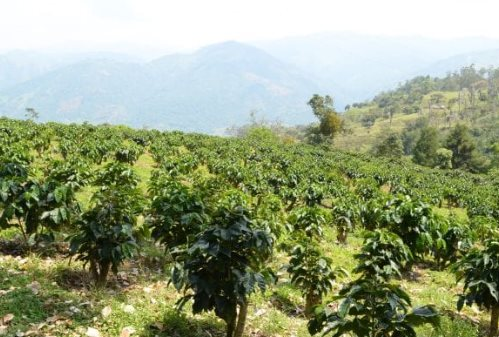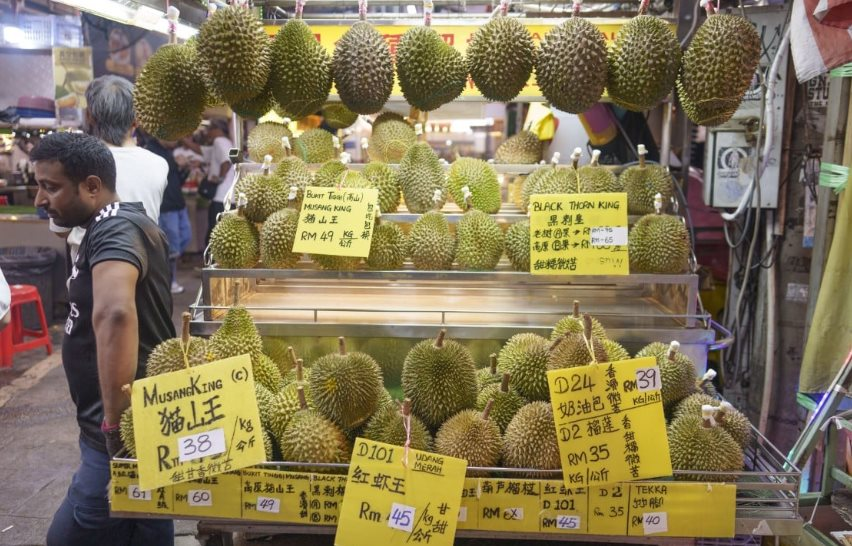
Illustration photo
Five years ago, it took at least three months for African coffee beans to be transported to China. Now, this can be achieved in a month or less, according to Jing Jianhua, a man who has been in the coffee business for 25 years in Changsha City, central China’s Hunan Province.
This significant change is due to the implementation of a series of trade facilitation measures by China to enhance economic and trade cooperation with Africa.
Africa is one of the world’s most important coffee bean-producing regions. Jing said that the unique natural environment and high altitude make African coffee beans very popular in the market.
However, due to the long distance between China and Africa, the import of African coffee beans often had to go through intermediaries, resulting in prolonged procurement cycles, inappropriate pricing, and unstable coffee bean quality.
The turning point came in 2018, when the Beijing Summit of the Forum on China-Africa Cooperation announced the implementation of eight major initiatives by China in close cooperation with African countries. Among them, trade facilitation actions and expanded imports of African goods were the main agreements of the initiatives.
Subsequently, the detailed plan for the eight major initiatives quickly became a reality. The China-Africa Economic and Trade Expo (CAETE) held in Hunan and the establishment of the China (Hunan) Pilot Free Trade Zone were approved, including the goal of exploring new avenues and mechanisms for China-Africa economic and trade cooperation.
“Compared with five years ago, African coffee beans have easier access to the Chinese market, significantly saving transportation time and reducing costs,” Jing said.
Jing added that nowadays, with the help of government platforms, he has met many reliable partners to cooperate with, ensuring the quality of his African coffee beans.
Data shows that China remains Africa’s largest trading partner for 15 consecutive years.
This year, China-Africa trade has reached new heights, with the total import and export volume of China to Africa in the first seven months of this year reaching 1.19 trillion yuan (equivalent to 170 billion US dollars), setting a new historical high for the same period.
CAETE and the pilot free trade zone in Hunan have allowed more African products to enter China, including coffee beans.
In addition to coffee, citrus fruits, avocados, chili peppers, sesame seeds, and other African products have appeared on the shelves in various markets across China.
Lyu Daliang, head of the Statistics and Analysis Department of the General Administration of Customs, pointed out that economic and trade cooperation between China and Africa is becoming increasingly close. Lyu noted that China needs more African products, and Africa also needs more made-in-China products, indicating a promising prospect for bilateral trade development.
China is also the 10th largest market for Vietnamese coffee beans. As of the end of August 2024, the export output of coffee beans to our neighbor reached more than 36,000 tons, worth more than 153 million USD, up 16% in volume and up 31% in value compared to the same period last year.
According to Global Times
‘Apple Should’ve Sold It at Half the Price’: Users in a Country Are Furious Over the Lack of the Most Attractive Feature on iPhone 16
The most anticipated feature on the iPhone 16 will not support Mandarin (or any other Chinese dialect) until at least next year.






































